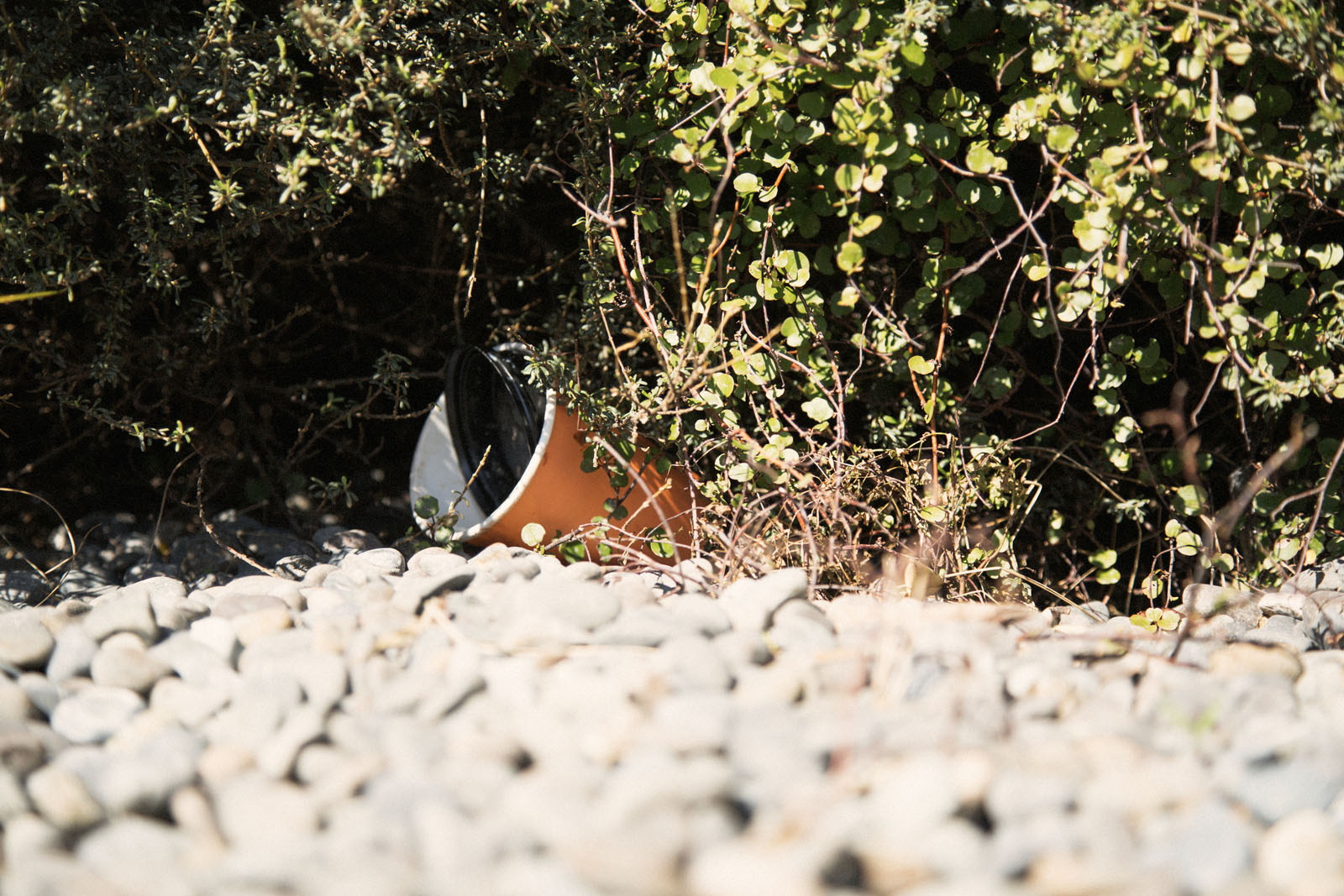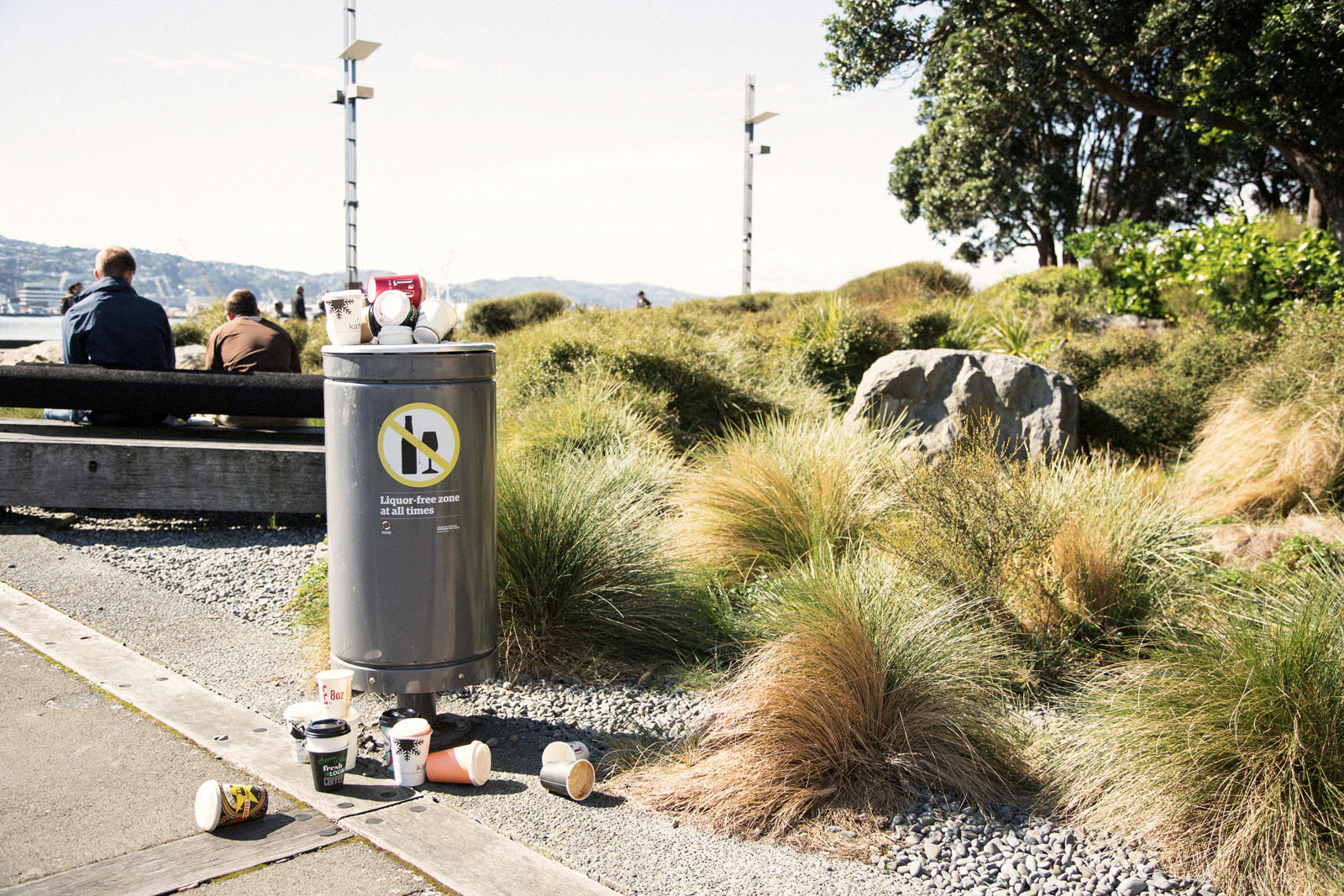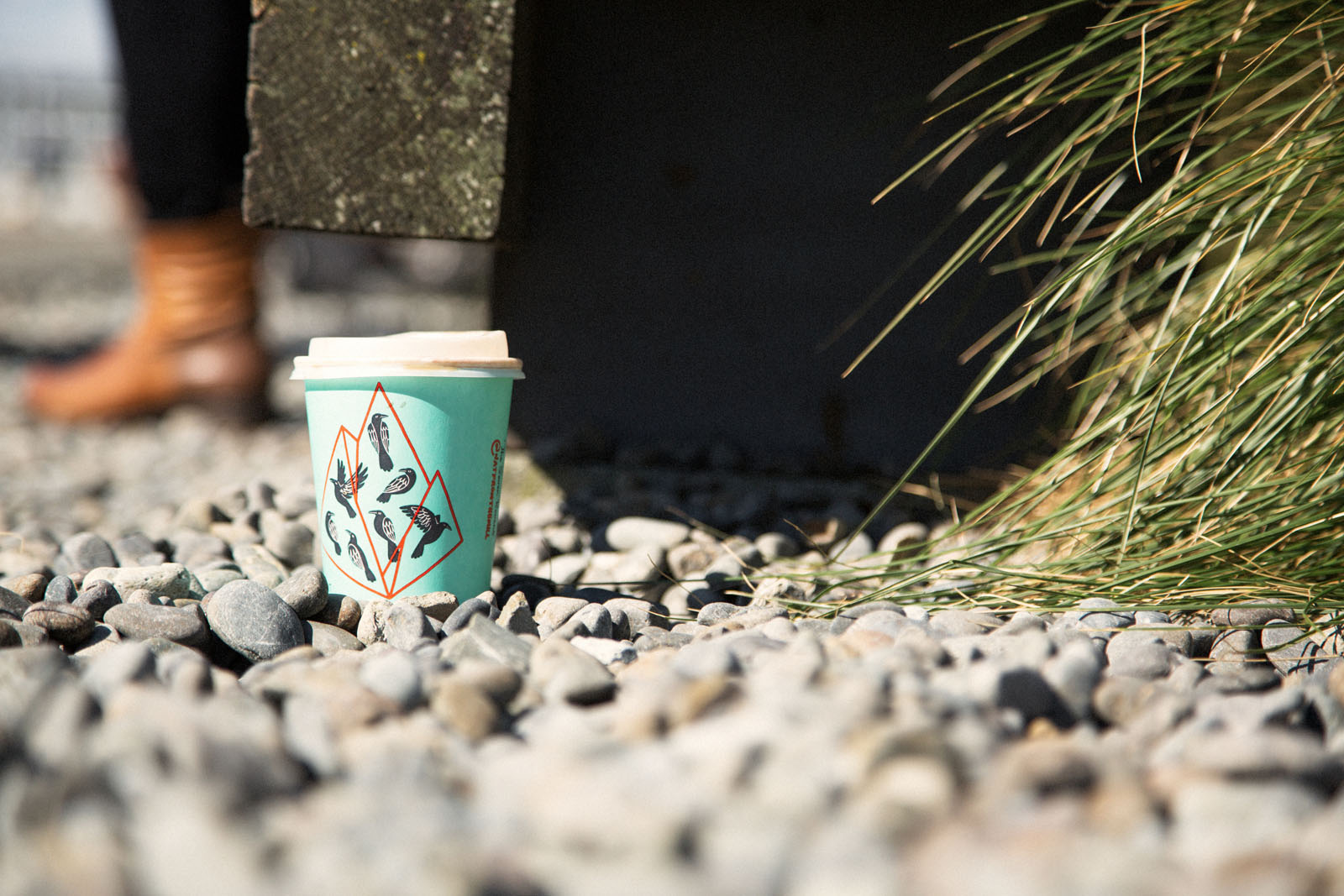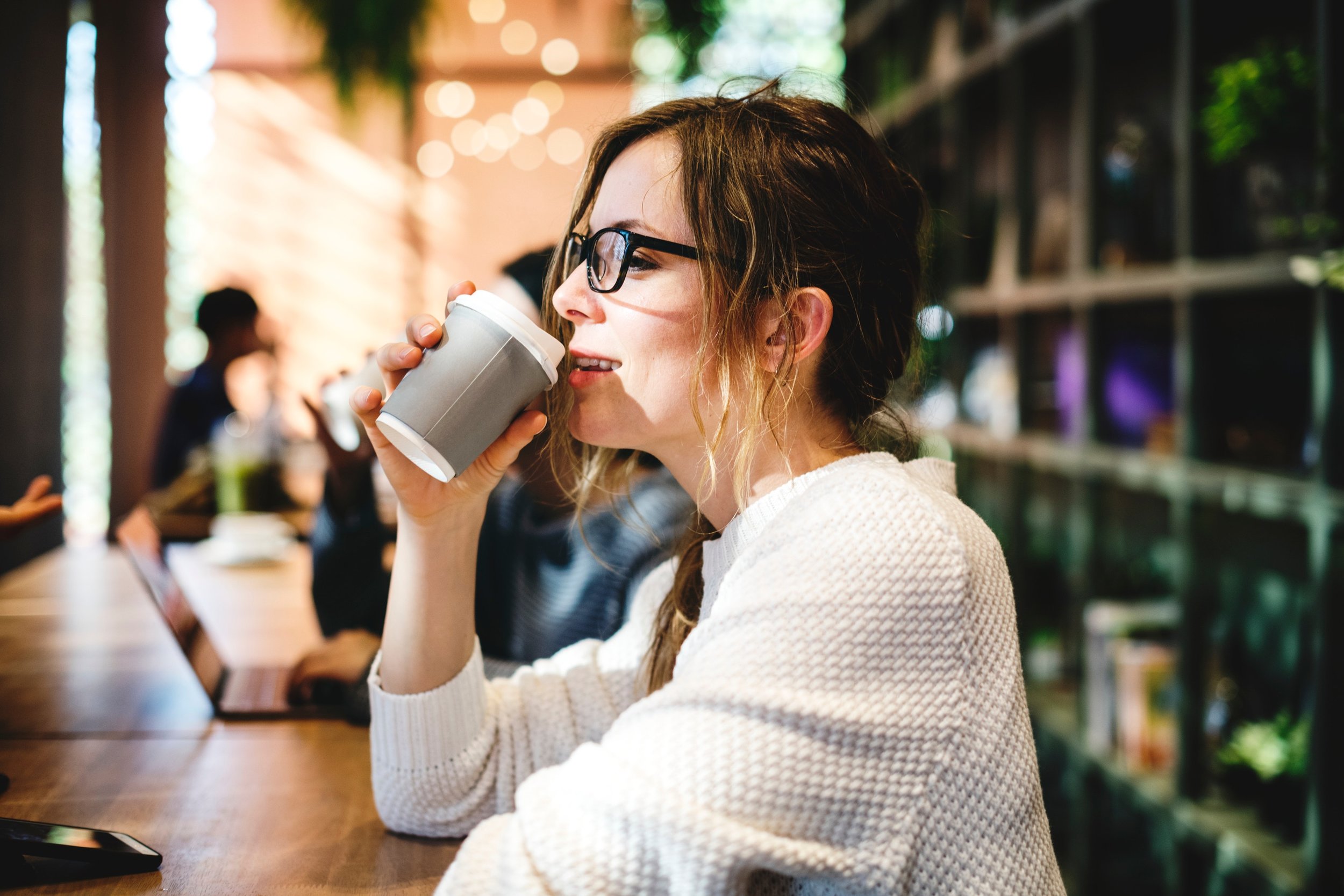
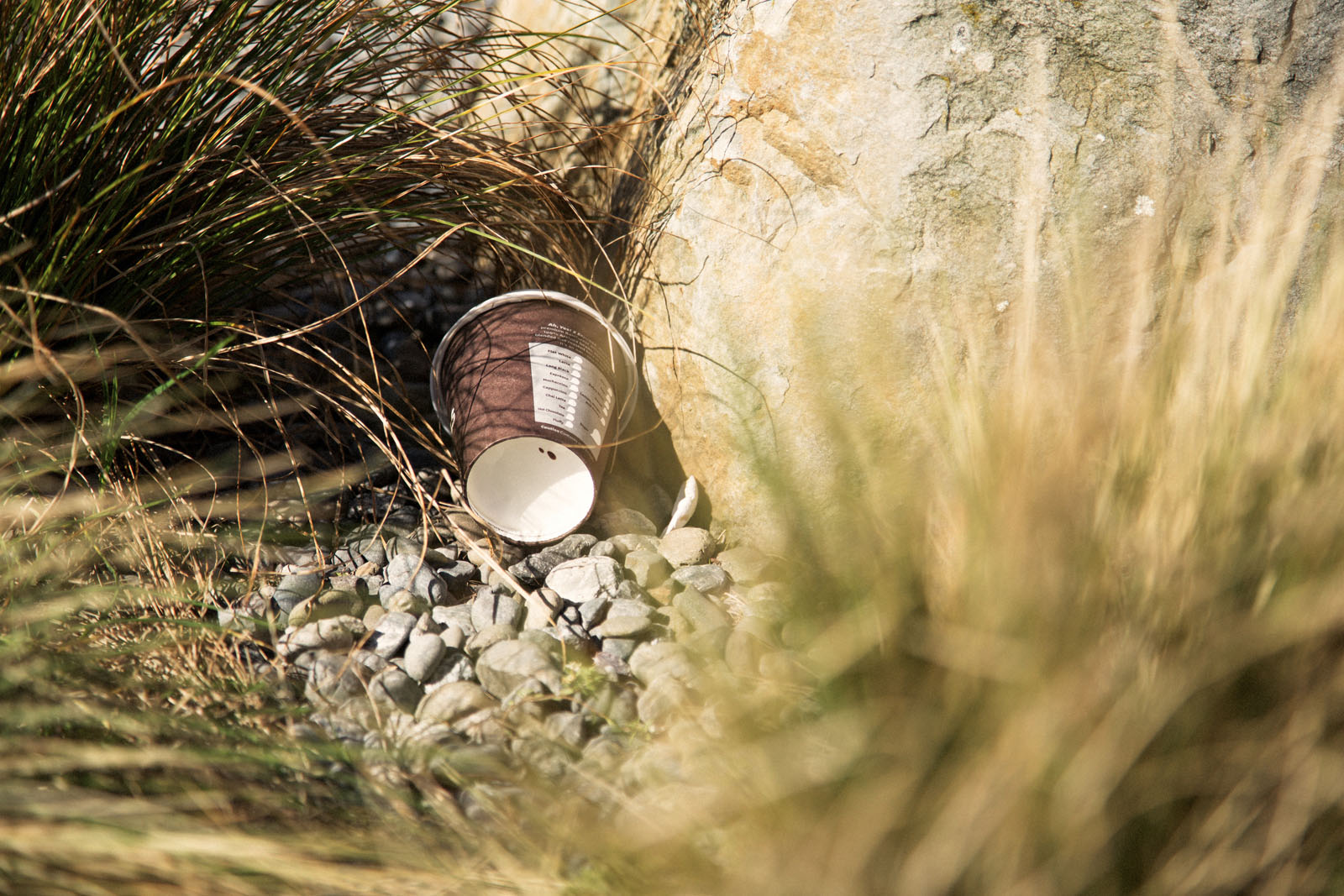
We are, literally, swamping ourselves in our waste. It is estimated that in Aotearoa we discard 295 MILLION single use cups a year. What doesn't get to the landfill, escapes into the environment where the cup's plastic lining means that these can take forever to break down. Actually forever. So, never.
Unless they have a plant based lining instead, called PLA (Polylactic Acid ). If they have a compostable PLA lining, and they get to a commercially controlled compost facility they can break down within three months. Yay.
But... only 1 in 400 compostable cups actually gets to a commercial compost system. Those are UK stats, and on those figures, compostable cups genuinely solve 0.25% of the problem. If those cups escape into the environment or the sea, the 'compostable' PLA lining hardly degrades . The 5 Gyres institute tested this and found it to be similar to petrochemical plastic.
When either of these single use cups (plastic lined, or plant-based plastic lined) get to landfill, the organic bits will break down anaerobically and emit methane, a powerful climate change gas.
Wasting these precious resources can't continue. It is a problem worth solving.
In December 2019, the ‘Rethinking Plastics in Aotearoa New Zealand’ report, published by the Prime Minister’s Chief Science Advisor strongly advocated for waste reduction being the primary strategy, before reuse or recycling. This report cited Again Again by name as a business model utilising the shared economy that could do this.
"Rethinking and redesigning plastics requires a whole of life accounting approach to better account for the environmental and social costs of plastic and not just the cost of putting a product on the market. Product stewardship schemes are one way to begin this. Ideas that could form part of a system wide rethink in how we use plastic include:
New business models based on leasing vs ownership and the ‘sharing’ economy: e.g. Again Again coffee cups



Reusable vs compostable
As the scale of the problem is increasingly understood, there have been some great responses. Efforts are being made, and every one of them should be applauded.
Reusable cups are becoming increasingly popular. If you can have your takeaway coffee poured into a reusable cup then the problem disappears - it's really that simple. Sadly though, tightly held commercial figures would suggest that these personal reusable cups make a tiny dent in the problem. Our own investigation suggests 2% - 4% over all, with cafes in high traffic/commercial areas reporting markedly less than that, and some particularly sustainably-minded cafes reporting substantially more.
And in recent months/years there has been a sideways shift, and cafes have mostly transitioned to using compostable cups.
These cups are marginally better, in that they compost and don’t produce methane if the cups are captured and directed to a compost facility. In New Zealand there are only 11 of these facilities nationwide and for the most part consumers can’t access a pathway to get these cups to them, so this solution too broadly fails. We have been unable to find any NZ statistical data, but In the UK it is estimated that only 1 in 400 cups get to a composting facility, of which they have significantly more.
Undoubtedly, reusable options are the superior option. Yours or ours!
